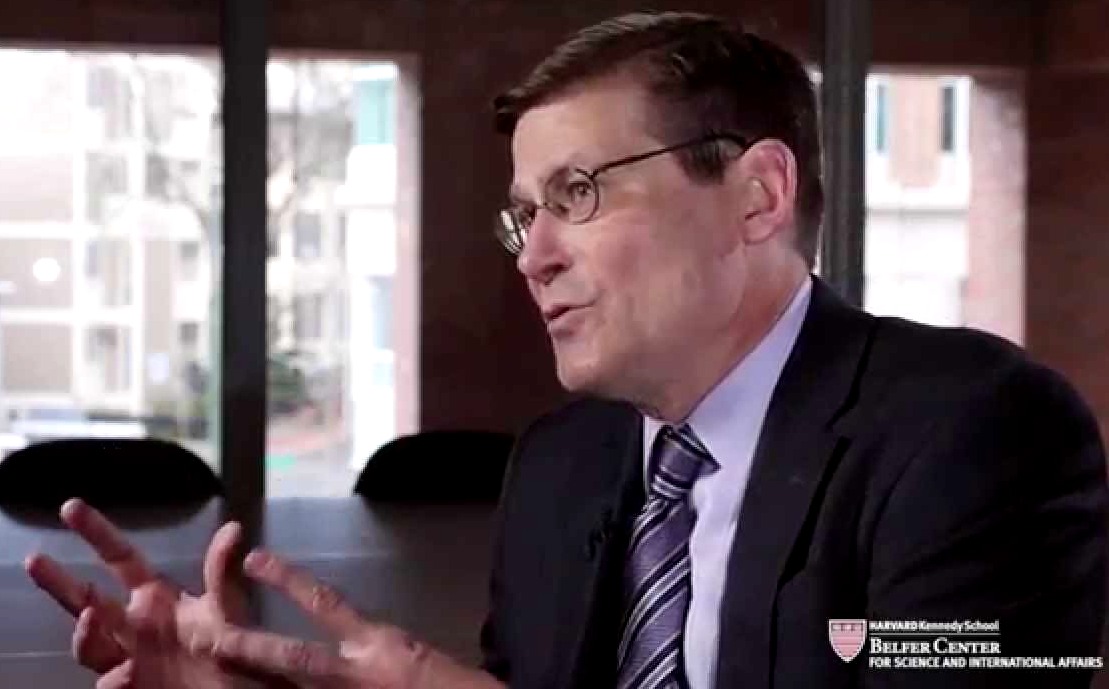While news stories about extremism and terrorism abound — infiltration, online radicalization, lone wolf attacks, etc. — these are symptoms. The real question is, how do we address the disease of terrorism itself?

The answer to that question has seen little public attention. In his book, The Great War of Our Time, former deputy director of the CIA Michael Morell provides a response.
“We must discredit the terrorists’ narrative,” Morell writes, “that hatred and violence are the only mechanisms for dealing with the modern world and the resulting pressures on Islam. This effort essentially requires winning the war of ideas. …
“For every hour that I spent in the Situation Room talking about counter-radicalization, I spent a thousand hours talking about dealing with young men who had already become radicalized. The dollars spent by our government on programs related to counter-radicalization are an infinitesimally small percentage of the government’s overall CT budget.
“It is not unreasonable to ask, ‘Why have we not attacked the problem at its roots?’
“The answer is twofold. First, the priority will always be on those individuals who are trying to attack the U.S. That will always take precedence over the longer-term issues. And, second, the issues involved in counter-radicalization are numerous and complex, and require a number of countries to take the right steps. The issues involve good governance; anti-corruption; economic development; social service provision, particularly education; religious tolerance; and a host of other issues. Most important, for every narrative of al Qa‘ida’s, there must be a counter-narrative delivered loudly and widely – by the United States and our allies, by governments in countries where young people are radicalized, and by Islamic scholars and clerics.
“One of the best examples of success in this area is Indonesia – the home to the largest Muslim population on the planet. Between 9/11 and 2006, Indonesia suffered sixteen terrorist attacks, resulting in more than three hundred deaths. In the next eight years, there were only five attacks, causing fourteen deaths. And, as of early 2015, only about 150 Indonesians had gone to fight in Syria, a remarkably low number for its population and for its terrorist past.
“While excellent intelligence and law enforcement work have played a role… so have the Indonesian government’s counter-radicalization programs.
“At the core of Jakarta’s program is a willingness to work with any entity that can reach young people with the right messages. The program is systematic and reaches almost every part of Indonesian society. The messages are essentially two – that the extremist interpretation of Islam is not consistent with the Koran, and that there is great value in tolerance.
“Religious organizations in Indonesia are popular within society and are therefore an important channel for delivering the government’s counter-narrative to al Qa‘ida. Jakarta, for example, works with imams and mosques to offer a variety of perspectives on Islam, particularly to your and student groups. Schools are also a focus – courses emphasize inclusion and tolerance. All the world’s religions are now studied, not just Islam, and schools are working to provide multiple perspectives on some of the issues that have played a role in radicalization, such as the relationship between Israel and the Palestinians.
“Popular culture is also used. The government communicates with young people through popular musicians who communicate carefully crafted messages aimed at counteracting radical ideas. Music with lyrics about tolerance as an alternative to extremism has become popular in Indonesia and indeed throughout Southeast Asia. All of this is supported by a variety of media – books, articles, newsletters, the Internet, television, and radio. TV and the Internet focus on urban populations. Radio stations reach rural areas.
“All of this,” Morell concludes, “requires focus, effort, and resources. It needs to be done throughout the Muslim world. It needs to be led by the governments in question. And it needs to be supported by the United States.”
If we are to be vigilant in preventing future terrorist attacks, U.S. government officials need to be proactive in counter-radicalization. While temporarily baring individuals from countries where known terrorists thrive may work in the short term, more effort needs to be expended on longer-term programs modeled after Indonesia if we are ever going to truly turn the tide of terrorism.
Comments










